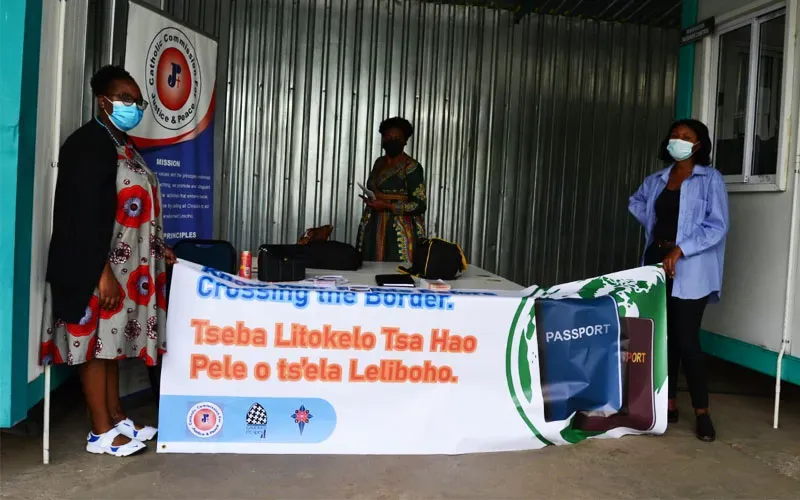Maseru, 30 June, 2024 / 8:32 pm (ACI Africa).
Unaccompanied children crossing the Lesotho-South Africa border in search of better lives are living in “desperate conditions” in their host country, an official at the Justice and Peace Commission (JPC) of the Lesotho Catholic Bishops Conference (LCBC) has said, and urged the South African government to support efforts by the two countries to improve the living conditions of the stateless children.
According to Mamokhantso Refiloe Nkune, the Mining and Social Justice Officer of the LCBC, children as young as two from Lesotho have been found unaccompanied on the streets of South Africa.
In an interview with Vatican News, Refiloe appealed to South Africans to be more welcoming to the Basotho, who are only trying to survive away from the harsh conditions in their country. She said, “We have difficult situations in Lesotho because of the high unemployment and poverty and our government is not doing enough for its people.”
“I have knowledge of the support that the Basotho gave to South Africans during the apartheid regime. I think it is high time we go back to that collaborative effort where we stood together as black people when the apartheid system was so horrible to South Africans,” the JPC official said in the interview published Monday, June 24.
Refiloe highlighted the plight of unaccompanied minors crossing illegally into South Africa from her home country Lesotho and asked the Southern African government to support initiatives to reduce statelessness.





